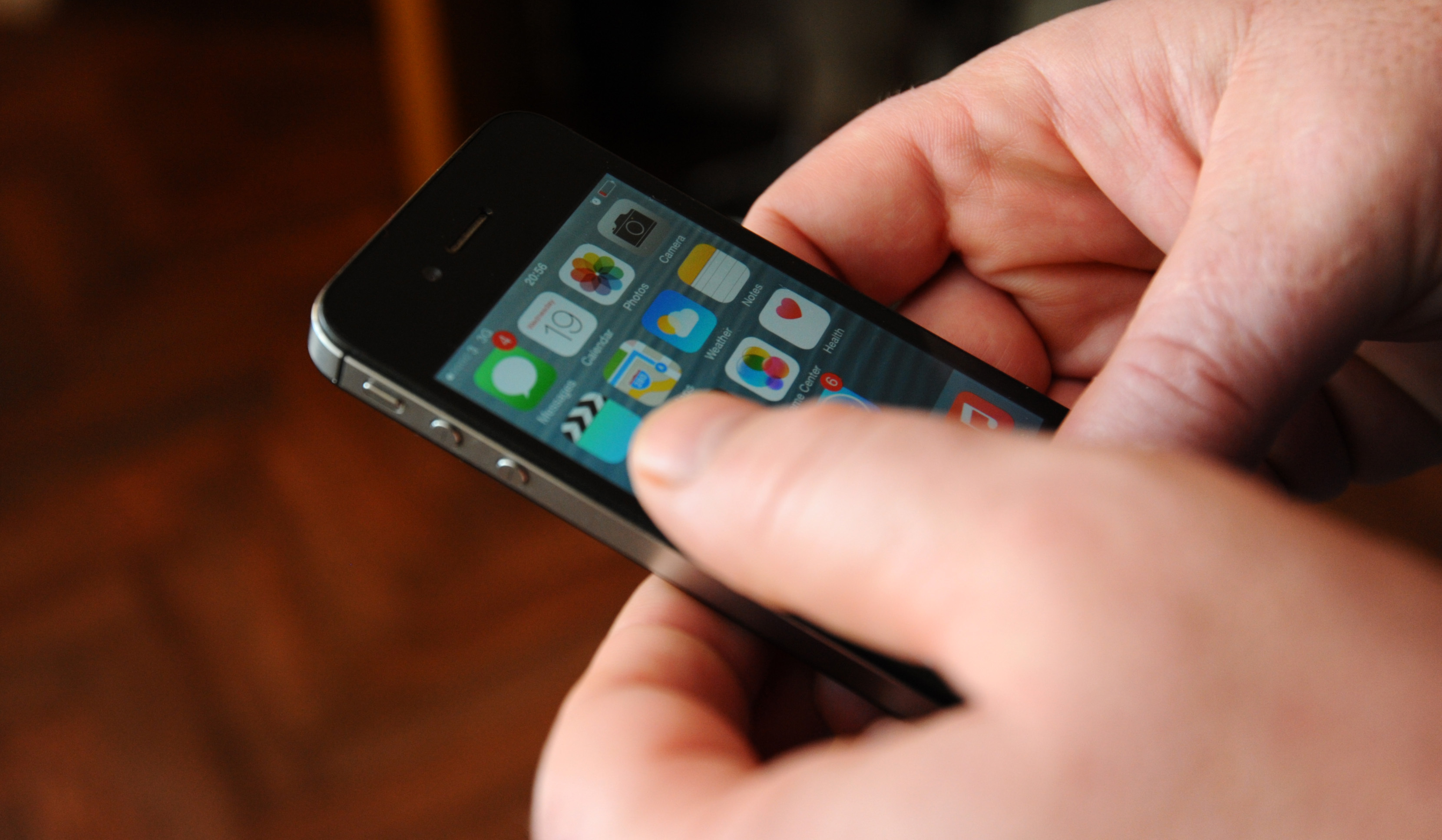A St Andrews University researcher has warned governments have an ethical mountain to climb before the public will accept surveillance technologies to slow the spread of coronavirus.
Professor Kirstie Bell said concern over smartphone location tracking (SLT) could jeopardise efforts to persuade sufficient numbers of people to use it to counter the virus.
Epidemiologists have suggested 56% of the UK population, or around 80% of smartphone users, would have to sign up in order for it to be effective.
However, research led by Prof Ball found fewer than 60% of Europeans have said they would use the technology. The study involving 1,800 people in nine countries, found 58% of citizens were in favour of SLT, 25% were opposed to it and 17% were undecided.
More than half, 56%, of people wanted to know more about how to protect their privacy in the face of SLT and 18% would actively campaign against its use.
The research also revealed the views were influenced by perceptions of government trustworthiness, measured on the level of concern shown for community interests and issues such as accountability and transparency.
Prof Ball, co-director and founder of the Centre for Research into Information, Surveillance and Privacy (CRISP), said: “There are a number of implications for SLT surveillance to counter the pandemic.
“Governments need to be very clear about whose interests are being prioritised in an SLT programme.
“Public health and the NHS are one set of interests, tech start-ups and social media platforms are quite another.
“Any doubts here will have a disastrous effect on uptake.”
She said assurances that the technology works and that ‘government knows what it’s doing may be convincing for those already in favour of surveillance but are unlikely to sway everyone.
“The one in four of the population who are sceptics will need to hear guarantees about the moral integrity of SLT,” she said.
“Above all, citizens need to be left feeling empowered and in control of their data.
“In order to address the range of public concerns about smartphone tracking apps, governments need to place substantial privacy and human rights assurances at the heart of their surveillance programme.”
A new NHS contact tracing app is being trialled on the Isle of Wight this week. The UK government is hopeful that at least half of all households will download it, before it is expanded to other areas.









